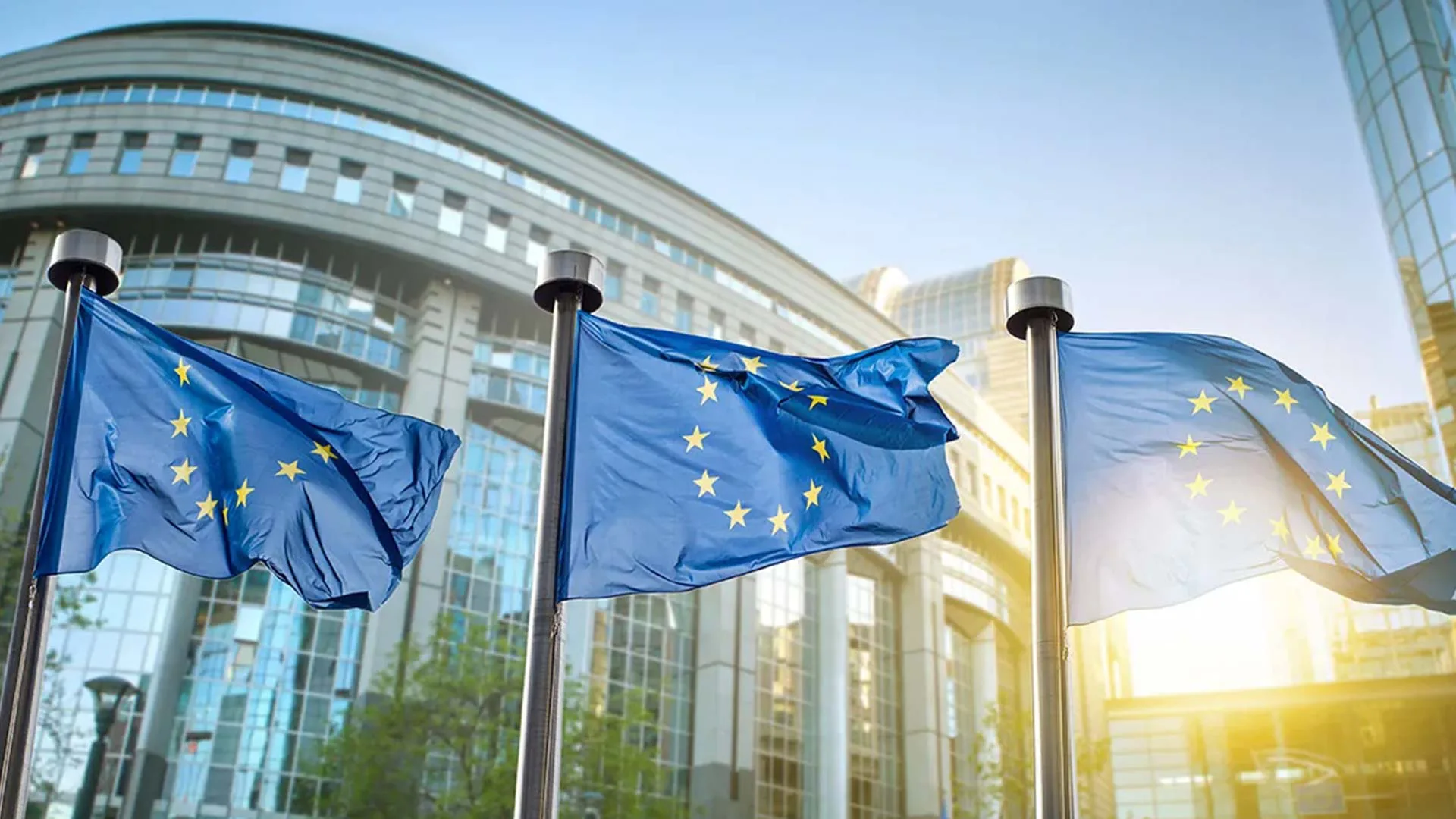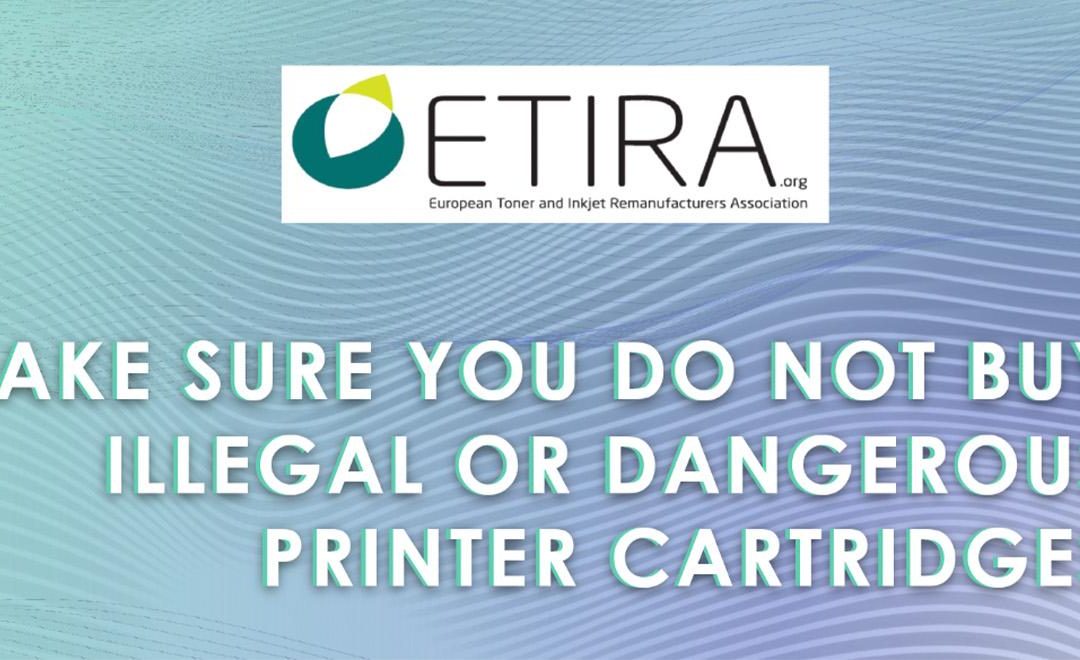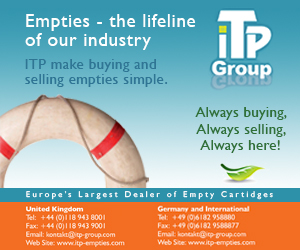EU’s digital shift in Company Law promises less red tape and enhanced transparency.
The EU Council and the European Parliament have reached a provisional deal on expanding and upgrading the use of digital tools and processes in company law. The new rules will make company data more easily available, enhance trust and transparency in companies across member states, and contribute to a more integrated and digitalised single market for companies.
Paul Van Tigchelt, Belgian deputy prime minister and minister of Justice and the North Sea, said: “The digital transformation should reach all areas of economic activity. In company law, digital solutions will dramatically cut red tape and help companies focus more on their core business and less on their paperwork.”
 The Commission’s proposal is intended to ensure that company data in business registers is accurate, reliable, and up-to-date by making more information about companies at the EU level publicly available through the Business Registers Interconnection System (BRIS).
The Commission’s proposal is intended to ensure that company data in business registers is accurate, reliable, and up-to-date by making more information about companies at the EU level publicly available through the Business Registers Interconnection System (BRIS).
The proposal aims to cut red tape when companies use company information from business registers in cross-border situations. For instance, the proposal removes formalities such as the need for an apostille on company documents through a common digital template (the Digital EU Power of Attorney) and encourages the use of the “once-only principle” when companies set up subsidiaries and branches in another member state. It also introduces a multilingual EU company certificate to be used in cross-border situations.
Where national law allows, the EU Company Certificate should also include the object of the company, with the use of the six-digit NACE codes that record the Statistical Classification of Economic Activities in the European Community.
The agreement reached today makes possible the disclosure of the particulars of limited partners through the system of interconnection of registers (BRIS), where this information is publicly available in the national registers.
Certain types of companies, such as partnerships or limited liability companies, are anticipated to obtain their EU Company Certificate in electronic form free of charge unless this causes serious prejudice to the financing of the national register, in which case the price cannot exceed the administrative costs.
The provisional agreement reached with the European Parliament now needs to be endorsed and formally adopted by both institutions.









